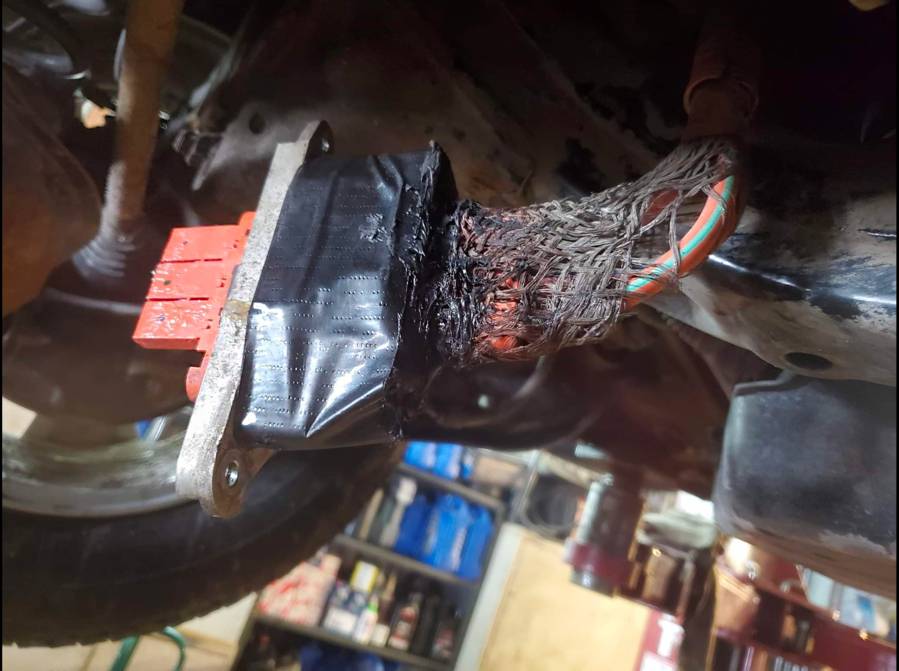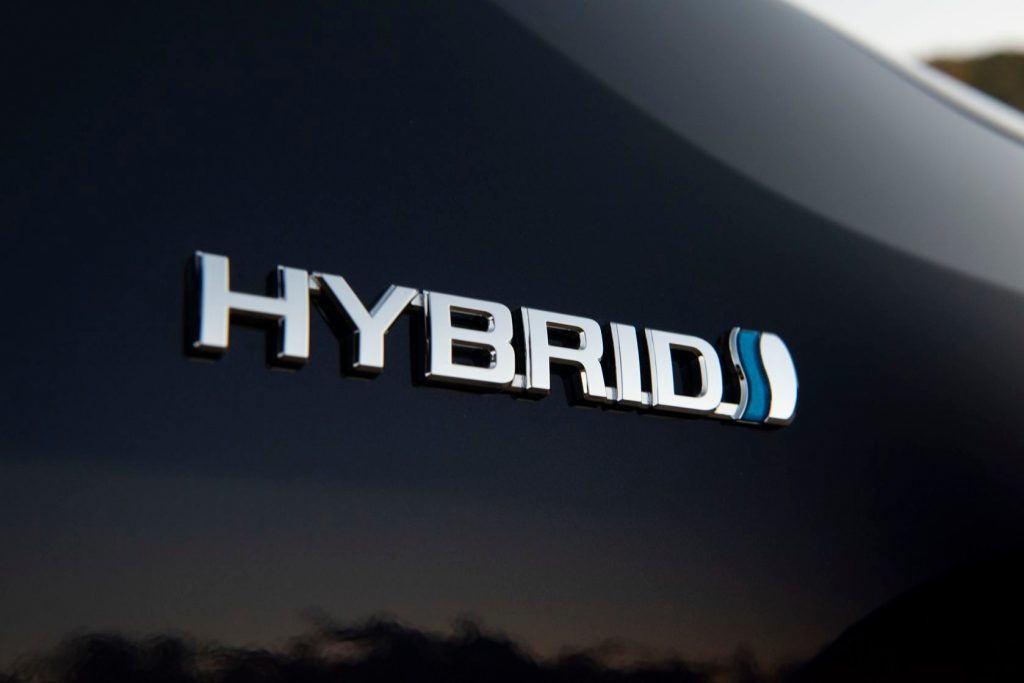Some thought — mea culpa, we were among them — that the “Cablegate” class-action lawsuit against Toyota was started far too early. But some will say that, with this class-action ending in one of the most generous settlements ever seen in the Canadian auto industry, such a happy ending is precisely because a group of Quebecers brought pressure — and international attention — to the problem.
Whatever the case, according to the Automobile Protection Association (APA) — which has been defending Canadian motorists for half a century — the agreement just approved by Quebec’s highest court is a “very good settlement, with clear parameters and significant financial value,” per its president, George Iny. That’s a vindication for the organization’s decision to call on Montreal firm Adams Avocat to bring a class-action. It also brings to an end an issue that was highly publicized in Quebec through this Facebook page, with nearly 7,000 members.


The problem it solves is that, on certain Toyota and Lexus hybrid vehicles from model years 2019 to 2022, the AWD system’s traction-motor-cable high-voltage subfloor wires presented a design defect (the plaintiffs claim) that leaves the connector poorly protected from winter water and salt spray. This could cause premature corrosion and, in some cases, failure of the hybrid system. Indeed, after a sufficient number of warning indicators were illuminated, the vehicle might not even start.
Iny reports that it’s mostly Toyota RAV4s (2019-2022) that are affected, and that it’s especially prevalent in northern regions where salt is spread in winter. The proof: “In the United States to date, apart from Maine and the Midwest states, the problem has not arisen,” the APA president told Driving.ca.
…
For George Iny, this agreement between the plaintiffs and Toyota is “a very good settlement, firstly because it benefits all Canadians by settling future breakdowns in advance,” but also “because it helped trigger similar warranty enhancement programs in the U.S.”
That said, the APA president has two regrets. One is that the price of the original replacement part remains very high. Iny reports that “repair [of the faulty cable] at a dealership still costs between $5,500 and $7,500, including about $1,500 labour.” That’s fine as long as Toyota is footing the bill, but that won’t be the case forever. “We feel that Toyota should have reduced the price of the part to less than $1,000, so that the repair, after the extended warranty expires, would be in the $2,000 to $2,500 range. After all, it’s an orange extension cord. There’s no reason for it to cost that much!”
Iny also noted that Toyota has not yet provided a kit to improve the protection of the part — “for example an additional connector sheath, which worried owners could have made installed for less than an hour’s labour.”
